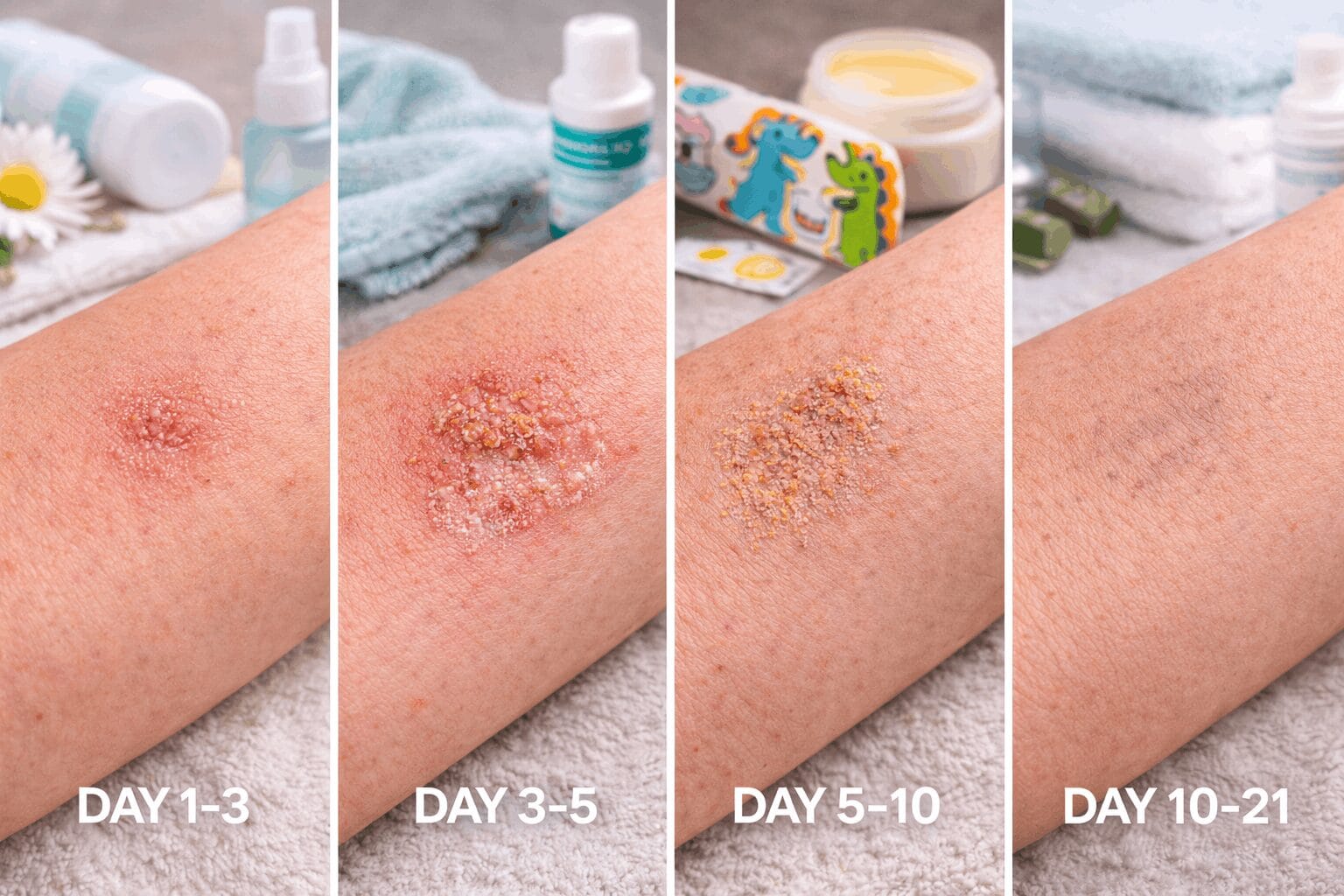Eczema can feel like an endless battle of itching, redness, and discomfort. If you’ve been dealing with it, you’ve probably tried countless creams, lotions, and remedies. But what about natural oils? More specifically, is castor oil good for eczema? Let’s dive into the benefits, risks, and everything in between.
What is eczema?
Before we talk about castor oil, let’s understand eczema a little better. Eczema is a skin condition that causes dry, itchy, inflamed patches on the skin. It’s often triggered by allergens, stress, weather changes, or harsh skincare products. The most common type of eczema is atopic dermatitis, but there are other types too, including contact dermatitis and nummular eczema.
Managing eczema often involves using moisturizers, prescription creams, or even lifestyle changes. But as more people lean toward natural remedies, castor oil has gained popularity.
What is castor oil?
Castor oil is a thick, pale yellow oil extracted from castor beans. It’s rich in ricinoleic acid, a fatty acid known for its anti-inflammatory and moisturizing properties. Castor oil for skin eczema has been used for centuries for various purposes, including skincare, hair care, and digestive health.
Benefits of castor oil for eczema
Is castor oil good for eczema, or is castor oil good for your face? Let’s explore some of the potential benefits:
1. Deep moisturization
Castor oil is known for its thick consistency, which helps lock in moisture. This can be especially helpful for people with eczema whose skin is often dry and prone to cracking.
2. Anti-inflammatory properties
Ricinoleic acid found in castor oil has natural anti-inflammatory effects. This may help reduce redness, swelling, and irritation commonly associated with eczema.
3. Antibacterial qualities
Eczema-prone skin is vulnerable to infections due to excessive scratching. Castor oil’s antibacterial properties can provide a protective barrier against harmful bacteria.
4. Soothing effect
The castor oil’s thick texture provides a soothing layer over the skin, which can help reduce itching and discomfort.
How to use castor oil for eczema
If you’re planning to try castor oil for eczema, here’s a simple step-by-step guide:
- 1. Cleanse the affected area: Make sure your skin is clean and dry before application.
- 2. Apply a thin layer: Gently massage a small amount of castor oil onto the affected area.
- 3. Leave it on: You can leave the oil on overnight or for a few hours before washing it off with lukewarm water.
- 4. Repeat as needed: Use daily or as recommended by your doctor.
Risks and precautions
While castor oil is generally considered safe, there are some things to keep in mind:
- • Allergic Reactions: Always do a patch test before applying castor oil to larger areas of your skin.
- • Clogged Pores: Its thick consistency may not be suitable for oily or acne-prone skin.
- • Overuse: Using too much castor oil can cause excessive dryness in some cases.
It’s always a good idea to talk to your dermatologist about castor oil eczema before starting any new treatment, especially if you have sensitive skin.
Should you use castor oil for eczema?
Castor oil has some promising benefits for eczema, particularly for its moisturizing, anti-inflammatory, and antibacterial properties. However, everyone’s skin is different. While some people find castor oil helpful, others may not see the same results.
If you’re looking for a natural, affordable way to manage your eczema symptoms, castor oil might be worth a try. But remember, it’s not a cure, and it works best when combined with other treatments or lifestyle changes.





